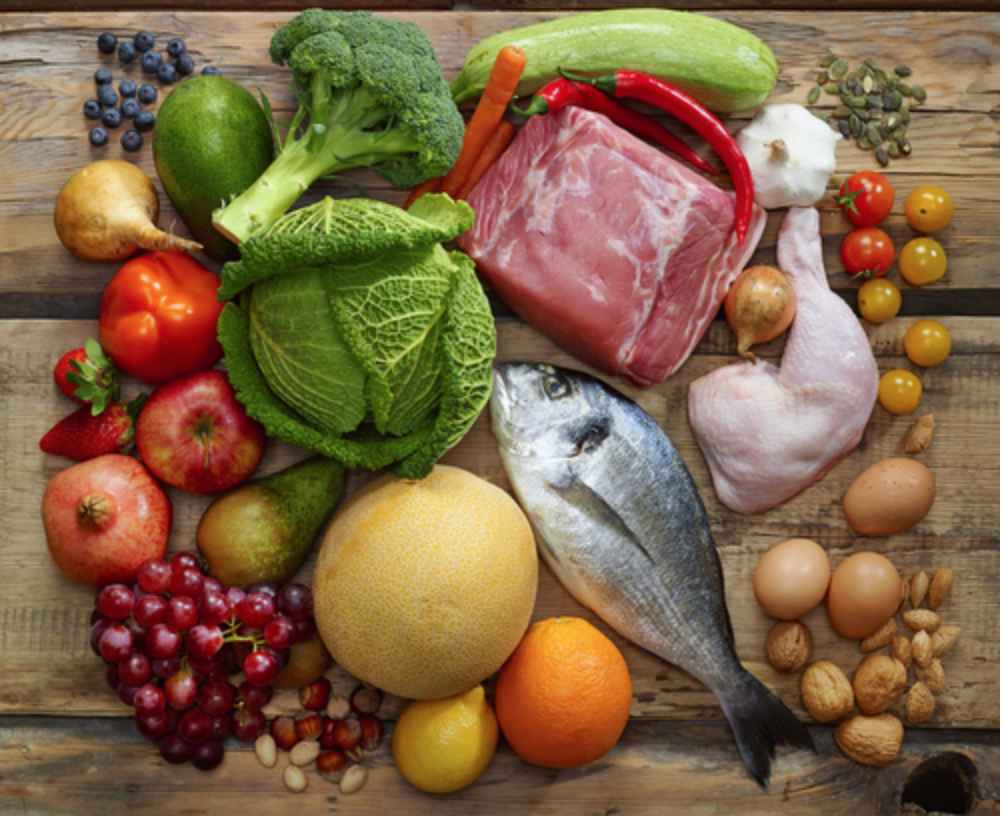Love in the time of coronavirus
Today is Day 2 of sheltering in place in Austin, Texas. We had 119 known cases as of last night (but no deaths so far), and we know the virus is being transmitted in the community. No one I know has it so far, that I’ve heard, but friends and relatives of friends do. The number of cases will almost certainly go up over the next two or three weeks. The hope is that then the number of cases will start declining because of first, social distancing, and now, sheltering in place.
For me, this means staying home, which I have been since Saturday, and for the week before, my outings were rare. I’ve ordered groceries online and picked them up. I have a wonderful daughter who can pick items up and bring them to me. I have groceries enough to last for at least a week, and I’m keeping a list on the fridge door of the items I run out of that I can get next time I shop (which will probably be online to be delivered or picked up curbside, but I do have a mask and gloves in case I need to venture inside a store). My fridge, freezer, and nonperishable shelves are full.
I feel pretty good about my chances of getting through this without getting sick, or of being mildly ill if I do get it. I had a cold in October that was mild and lasted two days, and I couldn’t remember how long it had been since I’d previously had a cold. My immune system is robust.
However, it’s unpredictable. I’m in the 60+ population and therefore considered at risk. I do yoga and dance regularly (now doing these online), I eat healthy (organic unprocessed food mostly), and I meditate, which helps keep my nervous system more balanced rather than going into stress, which is hard on the immune system. I’m working on improving my sleep, getting more deep and REM sleep according to my Fitbit.
I take really high quality supplements from Premier Research Labs and Wellevate. (I have practitioner accounts with both that you can order through if you wish.) I have homeopathic remedies on hand too. I have health insurance should I need it, and I hope that if I do, the health care system isn’t overwhelmed and can tend to me. I’m very very fortunate and grateful.
Y’all, no one is immune. This virus targets humankind. It’s a great equalizer. It doesn’t respect fame, power, talent, or riches. Movie stars, professional athletes, famous artists, royalty, and politicians have come down with it. Because it’s novel, no one has immunity, except those who have completely recovered from it.
I’m hearing people say things like “What a year this past week has been” and “there are many days in a day.” We’re in a time of rapid change.
I believe when this pandemic is over, some aspects of our lives will not go back to the way they were. This will influence people living through it for the rest of our lives. We will not take our health for granted. We will better understand the relationship between lifestyle and health. We will require that our governments take actions that support our health over corporate profits.
Dead people don’t buy stuff.
I hope the biggest takeaway is that we humans are ALL connected through our humanity. We are all dependent on this planet for our lives. Maybe we will treat each other, and our home planet, much better.
Blessings for health, immunity, resiliency, resourcefulness, and connection. 💚🙏🏽



